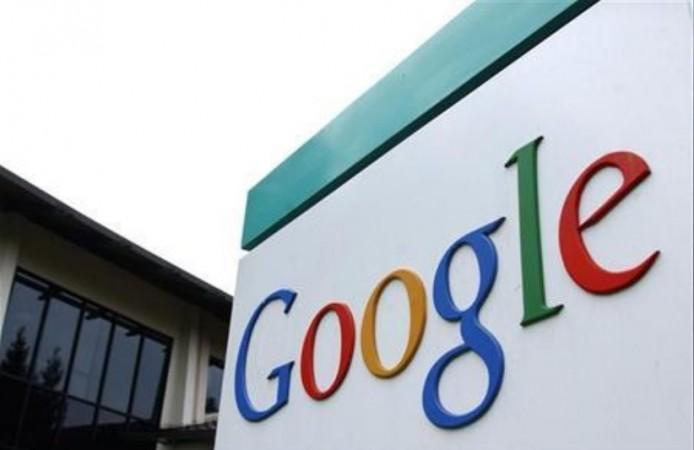
Google's meteoritic rise to the top is mainly credited to an extremely talented pool of techies but few know that the success Google is today couldn't have been possible without thousands of unheralded employees who work just as hard but don't enjoy the same perks and privileges as regular company employees.
According to a Bloomberg report, Google's Alphabet Inc. employs thousands of contract employees who work alongside company's full-time workers. From serving meals, cleaning offices to writing code, recruiting staff, screening YouTube videos, testing self-driving cars, these skilled workers drive the $795 billion company but don't get the same benefits and opportunities direct employees enjoy.
Earlier in the year, for the first time in 20 years, contractual workers outnumbered regular workers, says the report.
The contractors are distinguished by the red badges they wear and though they work alongside famous nerds and eat at Google's cafeterias and ride the company's commuter shuttles, they aren't entitled to the shares of the company, certain offices are off limits for them and many are without health insurance.
The reason why companies like Google hire the services of contractors is to keep the number of regular employees down so they have the money to hire and retain the top cream in fields like artificial intelligence.
And this results in a workforce which is not on the company's payrolls doing the non-geeky work without many rewards. They don't have a voice and don't get the benefits usually associated with working for a big tech company like Google.
As Google enters new markets like corporate services and devices, it needs a larger workforce and this means hiring more contractors.
Known by Google as temps, vendors and contractors (TVCs), most of workers Bloomberg talked to in its report say they felt like second-class citizens and isolated while working at Google.
They are employed by outside agencies, including Adecco Group AG, Cognizant Technology Solutions Corp. and Randstad NV.
A Google spokesperson in a statement said the company hires TVCs to fill positions it doesn't have an in-house expertise like drivers, doctors and quality assurance testers; and filling temporary positions to cover for regular employees who go on parental leave and there is increased workload.
Though some contract workers say working for Google gives a boost to their careers but despite being there in large numbers, most felt peripheral. They are looked down upon once people notice the colour of their badges. The regular employees have a white badge.
"We do the same work but don't get the same respect," says a contractor who managed number of other employees during his two year stint at Google.
"You're there, but you're not there," says an ex-TVC.
Some TVCs have advanced technical degrees and years of experience but the distinction between them and full-time workers is clear.
A TVC recruitment agency mentions in its contract that TVCs are not entitled to any compensation, insurance, stock, options or other benefits and rights enjoyed by employees of Google.
But Google does offer some benefits to contractor which other large companies don't, say former TVCs. They can eat at cafeterias for free and use facilities like gyms and bowling alleys. They also say that their position makes them eligible to become a permanent employee and Google or elsewhere.
The main grouse of the contractors is that if they get sick, they don't get paid for the days they didn't work. All the contractors Bloomberg talked to say their recruiting companies didn't offer adequate health insurance plans and in some cases none at all.
Skilled TVCs like software designers are paid well and they get $150 per hour, which is more than what rivals pay, but less skilled workers get substantially less.
Google also distances itself from taking any responsibility if a contractual worker faces a problem. Like handling pay and benefits, a TVC's parent company is also expected to address any grievance a worker has.

















